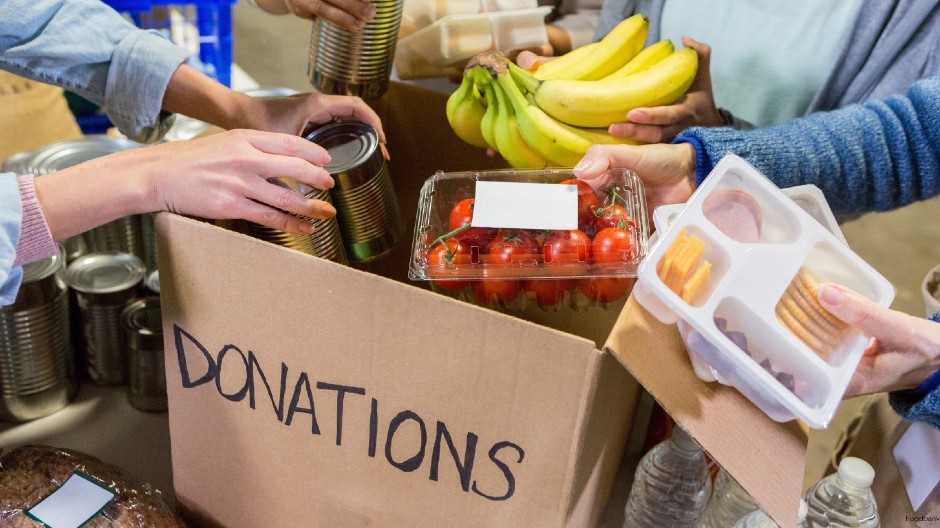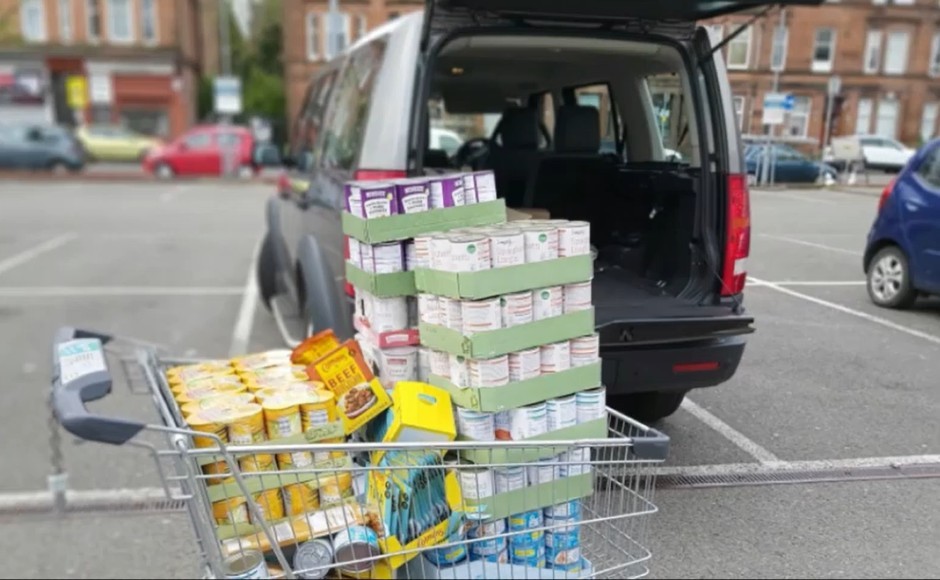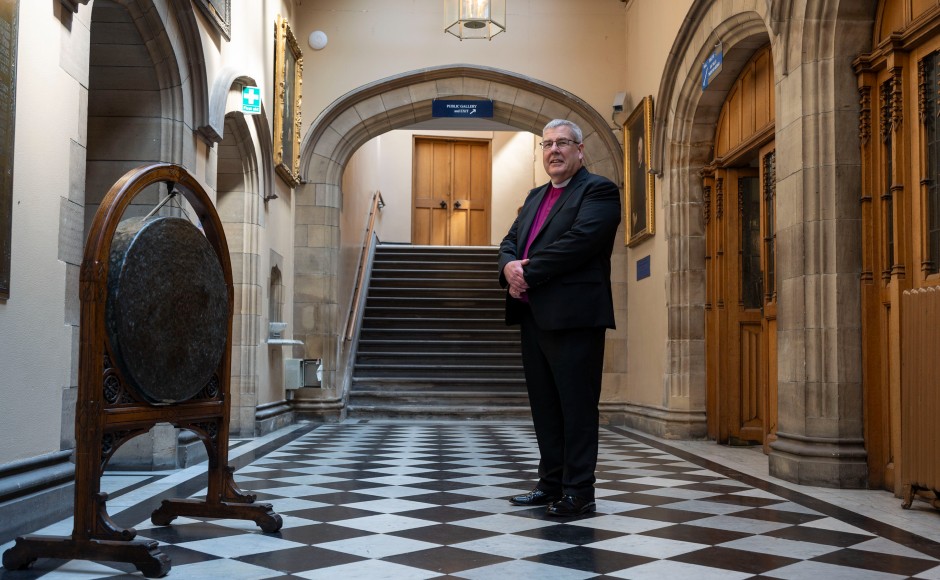Opinion - Minister questions whether the will to eliminate poverty exists
Published on 19 December 2024 4 minutes read
Churches are at the vanguard of supporting vulnerable people facing hunger and hardship, motivated by the teachings of Jesus Christ.
Wellesley Parish Church in Methil, Fife is one such congregation and runs a project called the Hope Chest , reporting that the response to its Christmas appeal has been "utterly incredible".
But the battle to end poverty in Scotland is an uphill struggle and has stalled with the Trussell Trust charity recently reporting that the number of people facing hunger and hardship today is 24% higher than it was 20 years ago.

Rev Emma McDonald, a pioneer minister in Dundee, works closely with city churches and community groups that support individuals and families in need and said Christmas is a difficult time of year for many but questioned whether the will to make poverty history actually exists.
Christmas is a time of presents and poverty, it is a time of excess and shortage, it is a time of hope and despair.
As the tv ads show tables laden with food, queues at food larders increase.
This is the paradox that many struggle with at Christmas.
Poverty and food insecurity go hand in hand.
Both cause untold damage to health, negatively affect young people's life chances and create a myriad of other issues for individuals.
Food insecurity is a significant issue in many cities like Dundee.
Since November 2022 the number of those receiving support from food larders increased from just over 4,000 people a week to currently just over 8,000 across the city at the start of November
With another 3,000 weekly accessing drop- in cafes or places where food can be accessed at little or no cost bringing the total in a week to about 8% of the population of Dundee.
Over the last four years churches, faith communities and charities have provided support when the infrastructure of council services have been unable to.
The cost-of-living crisis, rent and fuel increases, unemployment, unexpected household emergency expenses, death of a relative, ill health, leaves many unable to afford food.
This is the reality of Christmas, this is the reality of life for many in Dundee .
Food insecurity is often hidden.
We may assume that a child eats over the weekend but for many there is no access to food.
We may assume that all children and teenagers have access to breakfast and a snack for a break whilst at school, but they don't.
We many assume that if a child is hungry they will eat lunch but if that child has sensory issues or food intolerance then they will not.
Children watch while others eat when they cannot afford to in schools.
The attainment gap will not reduce while children are hungry, this is the reality of life for many of our young people.
Low income and debt are the main drivers for poverty with social isolation coming a close third.
Volunteers at food larders are confronted with serious and complex issues concerning, addiction, mental health, unemployment, refugees, those fleeing domestic violence and those who are disabled.
In Dundee, volunteer intervention has resulted in harm reduction and prevented loss of life by suicidal individuals.
In simple terms they go far beyond reducing the risks of food and financial insecurity.
Yet they are not fully funded, and risk being overwhelmed by the ongoing and increasing demands.
The Dundee Food Network comprised of food larders work collaboratively to support their communities.
Locally we have found councillors to be supportive of food larders but we are also campaigning for dignified access to food essentials.
The current model of food larders is unsustainable.
Some have closed and others have chosen to reduce sessions as funding decreases.
Others have diversified and now provide hot meals and cosy spaces with the little food they have.
Trauma training, which helps people to manage the emotional toll of working with those who have experienced trauma, is now offered to food larder volunteers because of the serious nature of what many are encountering while they volunteer including aggression and conflict.
Churches are providing meals and cosy spaces up to and including Christmas Day but volunteers are experiencing burn out.
This is a real and timely issue, political soundbites and positive affirmation of the work of food larders are not sufficient to address the issues.
Council city plans and fairness and child poverty plans are being assisted by food larders and yet there is no comprehensive strategy in Scotland to eradicate their need or fully fund them.
Simply put, without volunteers and generosity of funders and individuals and some funding by the council, many cities like Dundee would be facing a humanitarian catastrophe of a scale normally seen in developing nations.
This is no exaggeration.
The situation of adult poverty and child poverty in Scotland remains extraordinarily high and while many excuses are offered none are acceptable.
The complexity of poverty prevents simple solutions but to work towards a solution there must be the will to do so, in society and politically.
Some would question, given the reality of life in some places in Scotland, whether either truly exists.


